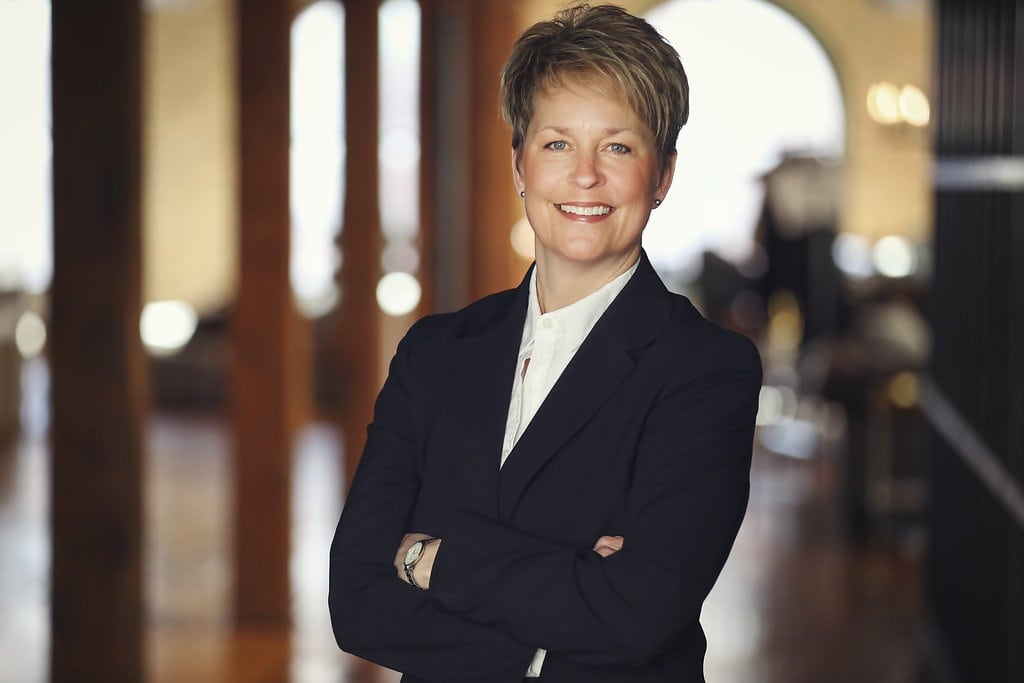Information surfaces hourly about the newly classified pandemic COVID-19, and the headlines can be alarming.
The Centers for Disease Control and Prevention advises that people over 80 years of age with major illnesses have the greatest risk and should take extra precautions, such as staying in their place of residence and limiting the amount of exposure to other people, including family members and caregivers. Meanwhile, the Centers for Medicare and Medicaid Services has issued guidelines for restricting access to residents in skilled nursing facilities.
If you’re caring for an aging loved one who is either living independently or in nursing home, these guidelines can raise concerns about feelings of loneliness and isolation, as well as adherence with medication or other care plans for your loved one. Technology can play a significant role in keeping family members, patients, and care providers connected while decreasing the risk of exposure to COVID-19 or influenza – which is still a primary cause of illness, complications, and death for seniors.
3 ways technology can enable care, from anywhere during a health crisis
- Stay socially connected. Healthy adults can do their part to mitigate loneliness for the older population by introducing them to technology such as FaceTime or Skype. Take a few minutes to install the app on an iPad, tablet or smartphone, provide a bit of training, and encourage family members to connect with seniors online, in theevent that in-person visits are prohibited.
- Manage medications. A consistent care routine is the foundation of a successful, long-term care plan and is especially important when visits from a caregiver are limited. Use two-way video capabilities to remind loved ones of when to take their medications and to oversee that process. If needed, you can even dial in a clinical care provider for a three-way call.
- Conduct virtual visits. Nearly half of family caregivers travel to care for someone. If you’re worried about exposing your loved ones to COVID-19 or influenza, lean on systems like Google Nest and Amazon’s Alexa to ensure that all systems are “go” for seniors who live alone at home.
While the current situation is frightening and confusing for everyone, now is the time to use technology to unite health care providers and caregivers, and to foster communication and support that is essential to keeping everyone healthy. Our team at Ōmcare is committed to applying our expertise in video communications and remote care technology to change the way the world cares. We welcome the opportunity to share information with you about the Ōmcare Home Health HubTM and how it will enable caregivers of all types to provide support, care, and medication assistance from anywhere for older adults and people with chronic conditions.
In good health,
Lisa Lavin
Founder & CEO, Ōmcare


